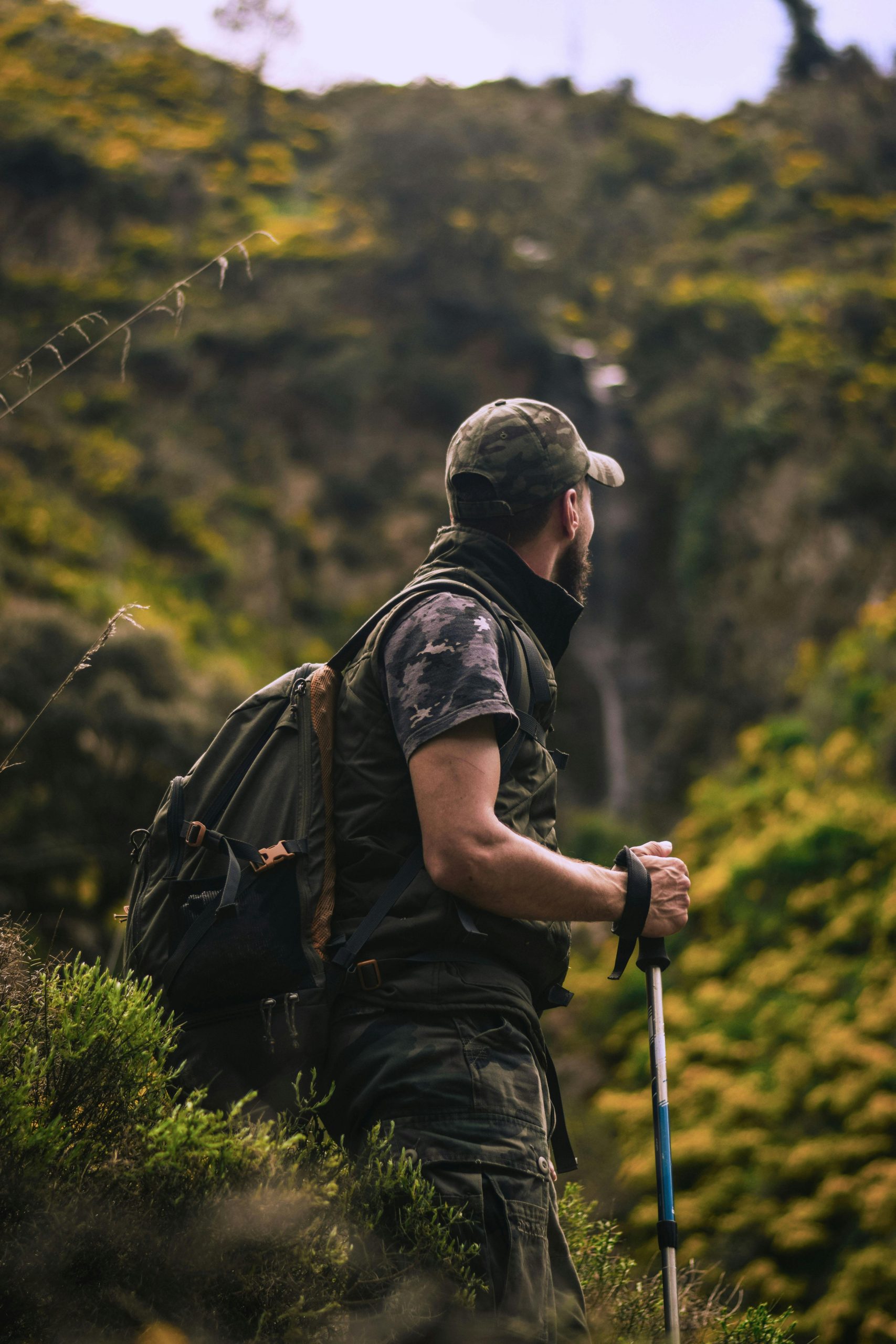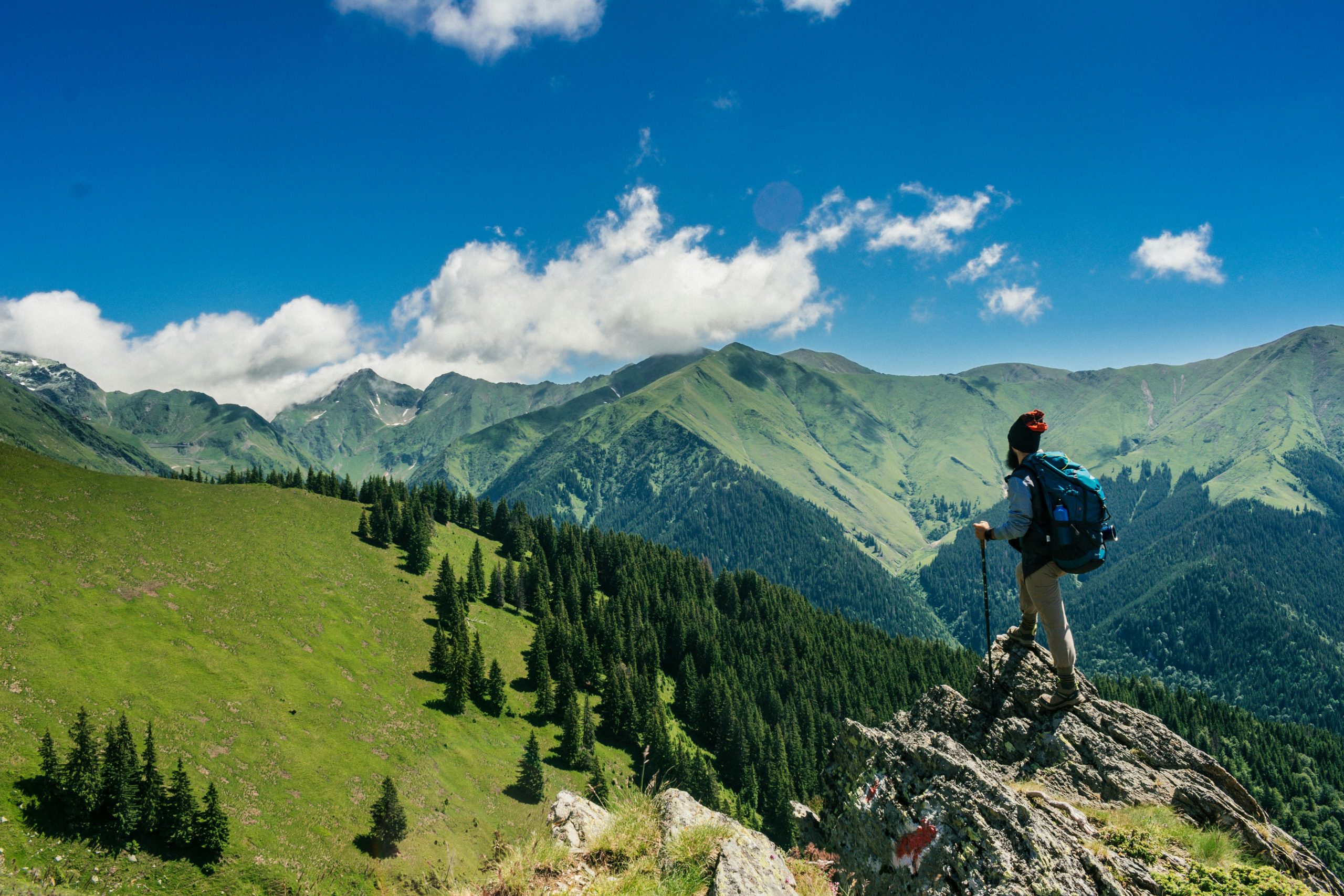My Travel Tips for Seeing the World’s Best Places
The thought of your first overseas trip can be both exciting and terrifying. We’ve been travelling the world for many years, but we still learn new tricks and tips.
It’s not scary to go somewhere new. To ensure a smooth trip, follow these simple tips.
1. Prepare your travel documents
To avoid stress, it is important to apply for a passport as early as possible. Without a passport or travel visa, your travel options are severely limited.
Passport
Some people may overlook this, as a passport with a 10-year validity can cause them to become complacent and forget that they need to renew it.
If your passport has not been valid for more than six months, you may be denied entry into many countries if it does not have enough pages.
As a general rule, you should always ensure that your passport is valid when you book your flight. If you do not apply for your passport in advance, your trip could be delayed.
Visa
Check in advance if you require a visa, an entry document issued by your destination country. You may be denied entry if you arrive at the airport without a visa, especially if you cannot apply for one upon arrival.
US and UK passport holders can travel to several countries without a Visa or can get one at the airport. The rules can vary from country to country, so it is important to research the entry requirements thoroughly.
2. Research your destination
To maximize your travel experience, it is essential to spend time researching your destination. While it may be more exciting to travel spontaneously, it’s more practical to learn about the country you will be visiting by reading tips on travelling abroad.
Laws may also differ. Did you know that Singapore has a law against chewing gum? Did you know that feeding pigeons is illegal in Venice? You’ll also find out that it’s illegal to ride a drunken cow in Scotland. You may find laws in foreign countries strange, but it’s because they are not part of your culture. You can avoid trouble by knowing them in advance.
Research questions about the country that you are visiting
- Is it safe to drink tap water?
- What is the local currency?
- What religion is dominant, and what are the rules for modest clothing?
- Do you require any vaccinations?
- What is the level of tourism in your destination? Is there a wide range of accommodation for tourists?
- What is the main language of your country? What is the English language’s spread?
- Do the local foods meet your dietary needs?
- Are there any differences in the traffic laws of this country and your own?
3. Money matters
You must inform your bank of your travel plans before you leave for your destination. This way, your bank won’t suspect fraud if they notice that your card has been used in a Thai market.
You may not be able to easily access ATMs, depending on where you are going. In some countries, where the economy is largely based on cash, card readers may not be available in most restaurants and businesses. Carry enough cash to cover all your costs on a single day. Some travellers use money belts to store large sums of cash.
4. Compare transport & accommodation options
Research the best way to travel on your trip.
Transportation
Sites like Rio2Rome or 12Go can be used to explore route options and determine which transportation mode (bus, rail, or plane) will be the fastest and cheapest.
The bus and subway system is the most eco-friendly and cost-effective mode of transport. It also allows you to enjoy the sights while chatting with the locals. You can also download rideshare apps such as Uber or Grab to receive door-to-door services from licensed and vetted drivers.
Accommodation
Hotels are always a great option. However, other options, such as hostels, guesthouses, and Airbnb, may be more affordable and immersive. You can also meet fellow travellers. Boutique hostels often have better amenities than budget-friendly hotels.
If you plan to stay at a place for an extended period, look into areas that offer discounts every month. Hostelz.com, for example, compares sites like Hostelworld and Booking.com, as well as Gomio and Gomio. Users can also book directly on the website with the lowest price.
5. Book your hotel in advance
When you know your itinerary and have the money to travel, it is best to book as soon as you can. It’s nice to be able to choose your accommodation at the last minute but don’t be surprised when it becomes difficult or expensive.
Last-minute travellers often end up scrambling to find accommodation because they did not book ahead. Booking whatever is available will cost you more, and being without a place to stay is stressful when you are in a foreign country for the first time.
Booking in advance will get you the best deal on transport tickets! It is priceless to have your entire itinerary planned from beginning to end. You can spend more time enjoying your vacation and less time worrying about the next step.
StudentUniverse
Go Overseas and StudentUniverse is proud to be partners to help our students find the best deals on flights to make their travels meaningful. StudentUniverse has exclusive agreements with airlines that will get you the lowest airfare possible.
6. Avoid travel fatigue
You may be tempted to overspend when you are booking your first trip abroad. How many cities can be visited in a single trip? How much can you fit into a day? Do you want to travel from east to west AND north to south? Slow down and enjoy the journey.
Tips on how to avoid travel fatigue
- Allow yourself some time to recover after a long flight: It’s hard enough to get over a long trip, but it’s even harder when you are in a different time zone. It can be not easy to adjust to a new schedule when travelling across time zones. Give yourself time to rest and recover before you move on to your next destination.
- Prepare for travel sickness and motion sickness. Motion sickness can occur whether you’re travelling by car, plane or boat. Pack some travel sickness medicine with you, and give yourself plenty of time to recover.
- Schedule enough time to visit each destination. Prioritize the quality of your trip over the quantity. You will be more satisfied if you explore fewer places at your own pace rather than frantically trying to cover the entire country. Many travellers try to fit entire countries into their itineraries. Upon reflection, travellers realize that they have spent half their lives travelling.
7. Prioritize health and safety
You shouldn’t worry about what could go wrong, but being aware of the environment and taking safety precautions will help you enjoy your new adventure.
Safety Tips for Travelers
- Use a crossbody bag to protect your valuables from theft and pickpockets: A fanny or crossbody pack is the best way to store your wallets and phones safely and deter thieves. Never put valuables in the back pocket of your backpack or the outer pocket. If you are really worried, you could also consider wearing a money belt under your clothing or using a theft-proof wallet.
- Stay in touch: Share your itinerary with your family and friends before you depart so that they can follow your adventures. Include the addresses and contact details for any accommodations. You can enrol in the Smart Traveler Enrollment Program (STEP) of the US State Department if you’re from the US. The local US Embassy can then contact you in case of an emergency, such as a natural catastrophe, political unrest or other emergencies.
- Purchase travel insurance. Travel Insurance should be on your list of must-dos before you travel internationally. Travel insurance offers many benefits, including reimbursement for lost luggage and emergency evacuations. Find yours and other travel essentials on GO’s nomad necessities page!
- Use commonsense: Ask the staff and locals at your accommodation about which areas you should avoid. If you travel alone at night, try to travel with someone. Also, if going out, do not drink too much alcohol, especially if there are no trusted people around. When using apps to find new friends or dates, meet them in a public place. Always trust your gut instinct if you have a bad impression of a person or a situation.
8. Pack your items appropriately
Packing correctly can make your trip easier. If you pack too much or too little, your trip can be negatively affected.
Packing tips:
- Packing cubes – Never underestimate the value of packing cubes. They can help you organize, save space, and even keep your clothing neater. They are inexpensive and can help you stay organized, both literally and metaphorically, while on the road.
- Travel Light. While it is important to have clothing for all weather conditions, including rain and cold, you shouldn’t go overboard. A heavy bag can be a nuisance (especially in old buildings without elevators). Are you worried that you will run out of clean clothing? You can use a laundry service or, better yet, buy yourself some clothes as a souvenir!
- Protect your possessions. This is a given, but there are a number of ways to do so. Use a lock to secure your suitcase or rucksack. This will deter thieves from stealing your luggage. Bring your important possessions (electronics, jewellery, etc.) Bring your important possessions (electronics, jewellery, etc.) with you on the plane in your carry-on. Keep your belongings safe in your hotel room if you are still uneasy. You will often find lockers in hostels, but you’ll need your lock.
9. Airport travel tips: Read on!
Both novice and experienced travellers experience anxiety at the airport and before departure. It’s hard to avoid feeling anxious and nervous when in a large, vast building with hundreds of departure boards and people running around. This is especially true if you are flying internationally for the first time.
Once you understand the process, the airport is easy to navigate. You find out where you are flying from, check-in, go through security and enjoy your coffee before departure. Voila!
How to make your airport experience better
- Print out all necessary documents (visas, flight tickets and accommodation details) in advance.
- Check which terminal you will be departing from before (some airports have terminals that are miles apart!
- If you can, check-in online before your arrival!
- Download your favourite movies, shows, podcasts and more to pass the time.
- Weighing your bag the day before will ensure you don’t exceed the weight limit.
10. Consider the following:
Travelling can be liberating and eye-opening, but it can also get lonely, especially for those who are homesick. Going abroad does not mean you can’t communicate with your family or friends. You can stay in touch with your loved ones in many ways, whether it’s by calling them daily or sharing photos of your journeys.
Consider the following when considering connectivity:
- Local SIM vs international roaming: You will need to decide if it is more cost-effective to purchase a SIM while abroad or use your existing plan to provide global roaming. To use a SIM card, you’ll need an unlocked phone.
- Public Wi-Fi availability at destination. Using public Wi-Fi is an excellent way to save data. While major cities offer Wi-Fi coverage throughout, other destinations with more remote locations may only have limited coverage.
- Need a VPN Some countries overseas (China, Turkey, and the UAE, to name a couple) may block Social media and communication applications like Facebook, Instagram, and WhatsApp. Check to see if you need a virtual private network to access these apps.
Travel abroad with confidence for the first time!
While compiling a list of what to do before your first international trip may seem tedious, it will enhance your experience. Plan, get travel insurance and use packing cubes. Slow down when it comes to planning your trip, and put quality before quantity. Prepared for your first trip abroad, you’ll have an amazing experience and want to go on more!








Post Comment